If Japan isn’t traditional enough for you already, these 9 books will show you the country in a whole new light.
Last updated: March 11, 2025
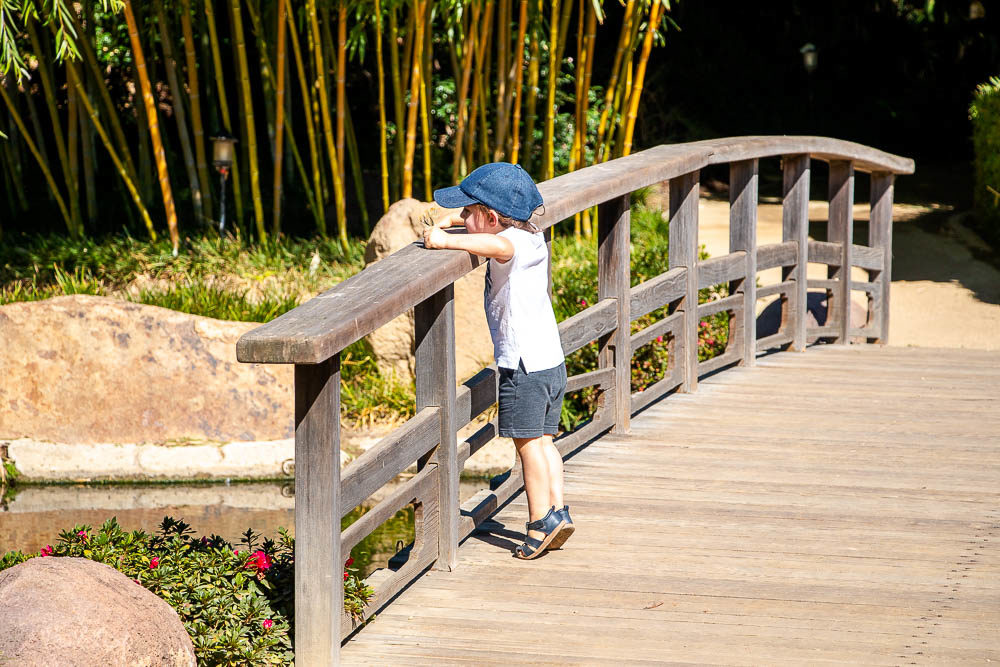
The 9 Best Books to Read before Traveling to Japan
It’s 10:45 p.m and it’s way too late for me. Not sleeping enough is like a hangover the morning after for me. Yet I still can’t put down a book I’ve been reading for the past few hours. I’m barely past half of the novel. So I know I won’t be able to finish it tonight. But it’s that good… Reluctantly, I give myself 15 more minutes.
Today I have embarked on a new journey to Japan. Although I’ve never been to the Land of the Rising Sun, I feel like l already know a lot about this country. All thanks to different books that are either set in Japan or narrate about this faraway country and its culture.
Traveling to Old and New Japan through Books
Culture and traditions have played an important role in Japanese society. A lot has changed with the times, though. But even in today’s globalizing world, the Japanese archipelago still protects its centuries-old principles and beliefs. Some of them, however, flourish only in philosophy and history books, reminding of Japan that will never exist again.
Today the urban part of the country is more tolerant of western traditions. A stream of heavy traffic and an ever increasing influx of office employees are common in Tokyo as much in New York.
But travel just two hours by train to Kyoto, the old capital of Japan, and you feel like time has stopped here. Imperial palaces, lush gardens, classical Buddhist temples, Shinto shrines, and traditional wooden houses still cluster along major streets. Formal traditions haven’t faded with the passage of time. Kyoto’s Japan is a lot like the place you read about in books.
But even in the old capital as well as in rural areas, locals can abandon some of these customs for the sake of visiting foreigners. Being gracious hosts, the Japanese often close their eyes to the mistakes the oblivious travelers make. Yet still many of these flaws can’t be tolerated.
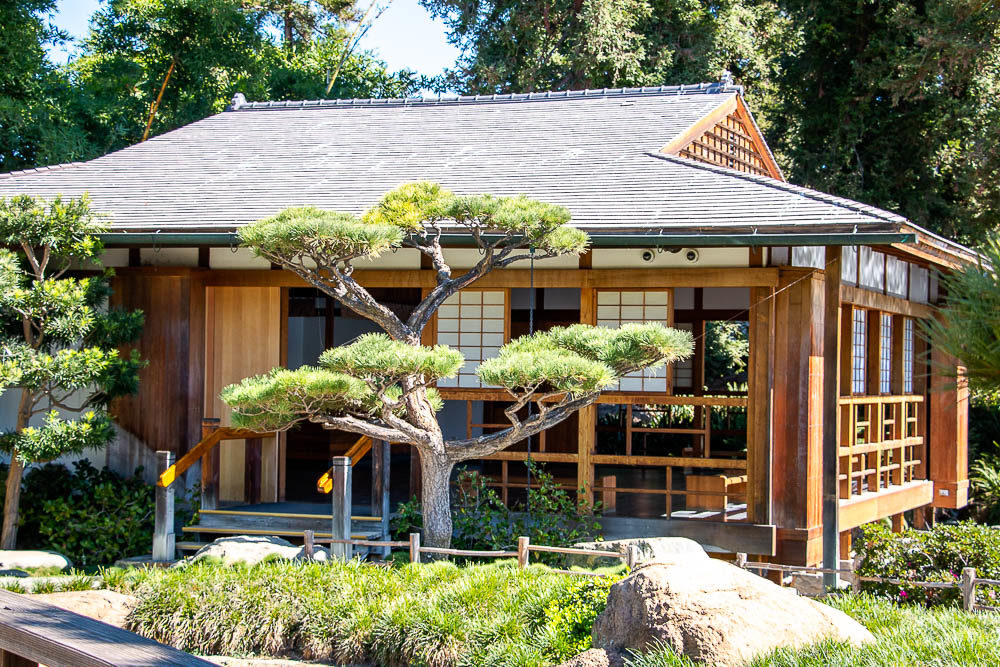
THE BEST BOOKS YOU MUST READ BEFORE TRAVELING TO JAPAN
The 9 books we recommend you read before traveling to Japan lessen the culture shock you may experience at first. Through several novels included in this reading list you learn about complicated Japanese history, life and struggles of Japanese aristocrats and the masses.
A few non-fiction books that have been read throughout the world unveil Japanese wisdom and secrets to a long and contented life.
Ready to start your own journey to the Land of the Rising Sun? Read these 9 books about Japan, its culture and traditions and never feel embarrassed when meeting the locals again.
1. Fifty Words for Rain
A fiction book set in Japan by Asha Lemmie
Eight-year-old Noriko Kamiza has been mastering some of the core Japanese virtues since the day she was born. A bastard born to a Japanese aristocrat and her African American lover, the girl is obedient and accepts her fate without complaints. Nori doesn’t fight when her mother abandons her or when her grandmother locks the girl in the attic.
A crack in Nori’s obedience first emerges when her older half-brother, Akira, arrives at the estate. A bond between the two siblings empowers the main heroine to question the old way of life.
Once you pick this fiction, you can’t put it down. Fifty Words for Rain is Asha Lemmie’s debut and is one of the best books to uncover the insurmountable differences between the old and new capitals of Japan.
2. Pachinko
A fiction book set in Japan by Min Jin Lee
Post-war Japan is hardly tolerant of Korean immigrants. Looking down at the newly arrived Asians looking for ways to better their lives, the Japanese keep the Koreans at street markets, in rural areas, or in pachinko parlors.
Plain-looking Sunja is yet to learn what it takes to live and survive in Japan. The only daughter of a crippled Korean fisherman, the teenage girl gets seduced by a wealthy foreigner. A Korean by blood and a Japanese by marriage, Koh Hansu promises to take care of the teenage girl and her baby.
Sunja refuses to fall even lower by becoming a mistress to a married man. Instead, she accepts a generous marriage offer from a young minister who stays at Sunja’s parents’ boarding house on his way to Japan.
Leaving her mother behind is not easy for Sunja. Little does she know that the life in Japan full of injustice and sacrifices is even harder than the girl has ever imagined. Sunja never complains, never lets unfair customs of her new home, Japan, break her. But at times, it looks like the latter is inevitable.
In her book Pachinko, Min Jin Lee shows Japan through the eyes of the immigrants. Remarkably written, this fiction story spans almost the entire century. And while Sunja’s family has changed, you can’t say the same about Japan’s way of life.
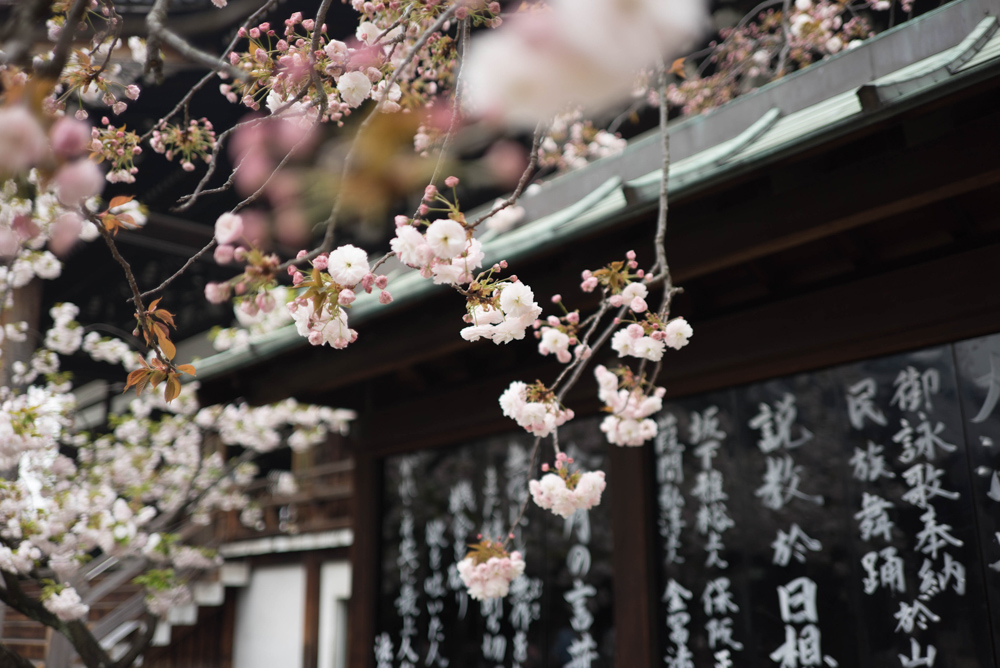
3. Ikigai: The Japanese Secret to a Long and Happy Life
A non-fiction book that unveils the secret of Japanese happiness and longevity by Hector Garcia and Francesc Miralles
Okinawa is one of many islands that comprise Japan. With its simple lifestyle and abundance of exotic plants, the place seems a world apart from the rest of the country. The most unusual thing about the island, however, is the highest percentage of centenarians in the world. What is their secret?
Hector Garcia and Francesc Miralles are set to find out. To do this, the authors plan to live in one of the world’s blue zones, completely immersed into the local culture, eating what the islanders eat, and following the local traditions to a T.
Through many of their interviews with the oldest members of the Japanese island, the authors learn the true meaning of ikigai. Happiness is not an idle complacent. It’s an art of doing something, keeping yourself busy.
All in all, Ikigai is a great book to read for those who plan to travel to Japan in the near future and also those who only look for a way to improve their well-being and have a meaningful and happy life.
READ MORE: Ikigai – the Japanese Secret to Well-Being
4. Wabi Sabi: Japanese Wisdom for a Perfectly Imperfect Life
A non-fiction book that dives into the Japanese wisdom for a contented life by Beth Kempton
The world is not perfect. It’s full of imperfection. It’s ever changing. And it can often be too chaotic. While this constant change unnerves some nations, the Japanese feel at peace with it. Their secret is to live according to wabi sabi principles. With roots in Zen, this ancient doctrine finds beauty in imperfection, praises simplicity, and accepts any change as an inevitable part of life.
If you ask a Japanese person to describe wabi sabi, you’ll get tons of different answers. The citizens of the island country seem to have difficulty defining this ancient philosophy. Yet the principles of wabi sabi are engraved in their hearts and in their minds. Wabi sabi is not just teaching. It’s a way of living a happy and contented life.
In her book Wabi Sabi, Beth Kempton delves deeper into Japanese wisdom. While living in the country, the author witnesses how the locals incorporate the ancient knowledge in their daily lives. Mrs Kempton strives to do the same, even after she moves back to England.
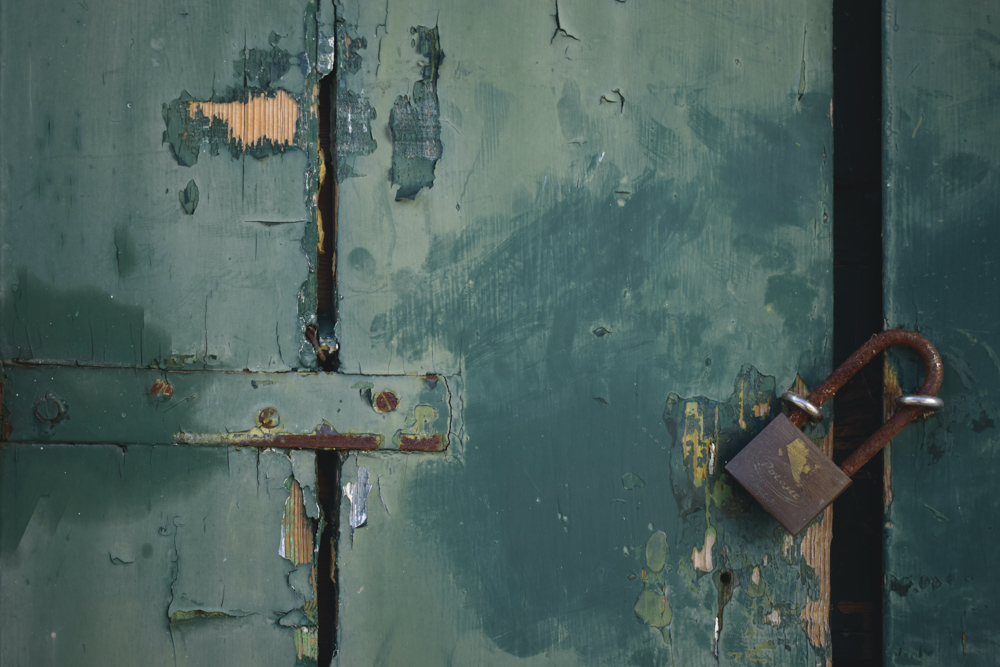
5. Destination Wellness
A non-fiction book that dissects secrets for better living from Jamaica, Norway, Hawaii, India, Brazil, and Japan by Annie Daly
Annie Daly sets up on a journey to uncover well-being secrets from different parts of the world. Inspired to describe them in her future book Destination Wellness, the author travels to 6 regions that share little to no similarities.
At one point her travels take her to Japan. Here Annie Daly learns to slow down, take time to honor fleeting moments of life, and pay more respect to people around her. To the author’s surprise, the Japanese are not born to be good at everything. They learn it the hard way. Often this learning process is long. The first step is never easy, but it’s always important.
All of these secrets of Japan become less puzzling once you read Daly’s debut book. Easy to read, this section of the book makes you feel like you’ve demystified Japanese culture without being physically present in the country.
READ MORE: 10 Food-Themed Books about Travel, Food, and Cultures
6. Memoirs of a Geisha
A fiction book set in Japan by Arthur Golden
Kyoto shows its strict rules and unfading traditions once again. This time, we meet not the illegitimate daughter of the Japanese aristocrat, but a poor girl, Nitta Sayuri. The young lady with unusually blue-gray eyes stands out. But in old and poor Japan, it’s rather a curse than a blessing.
At the age of nine, Nitta is taken away from her family and is sold to a renowned geisha house. The poor girl’s transformation begins. The heroine masters the rigorous art of geisha while also learning how to survive in the world where appearance plays a crucial role.
Although the book Memoirs of a Geisha became a national bestseller, the film adaptation of the novel received controversial reviews in Japan.

7. Novelist as a Vocation
A nonfiction book about living and writing in Japan by Haruki Murakami
The eminent Japanese writer Haruki Murakami has a different view on Japan. Born, raised, and lived most of his life in the Land of the Rising Sun, Murakami eventually leaves Japan to continue writing his books. Novels that are gladly accepted by the public, but criticized as non-literary works by the Japanese scholarly world.
After years of writing his books overseas and becoming known to the world audiences, the author returns to Japan. While Murakami still has his own opinion about different aspects of Japanese lifestyle and policy, which he is quite vocal about in his nonfiction book Novelist as a Vocation, his relationship with Japan eventually pulls him back to the home country.
On one hand the memoir Novelist as a Vocation is one of the greatest books for aspiring writers and those who want to master the craft of writing. But once you read it, you never look at Japan, its culture, and traditions in the same light.
8. The Kamogawa Food Detectives
A fiction book set in Japan by Hisashi Kashiwai
A former police officer, Nagare Kamogawa, retires early, not because of old age, but driven by his desire. After years of public service and following the death of his wife, Nagare together with his daughter Koishi, opens a very special restaurant in Kyoto.
Hidden down a quiet backstreet and lacking any outdoor signs, the place confuses its first-time visitors. How can anybody open a restaurant in such a secluded area and shouldn’t they put at least a sign on the door to attract more customers?
But the father-daughter duo resists a large number of diners. Instead they believe that only those who really need help are destined to find their restaurant-food detective office where Nagare can recreate dishes from a person’s most treasured memories.
A bestselling book in Japan, The Kamogawa Food Detectives introduces its readers to delectable Japanese cuisine as well as teaches about different customs and regions of this island country.
READ MORE: Forest Bathing: The Japanese Secret to Meaningful Travel and Healthy Living
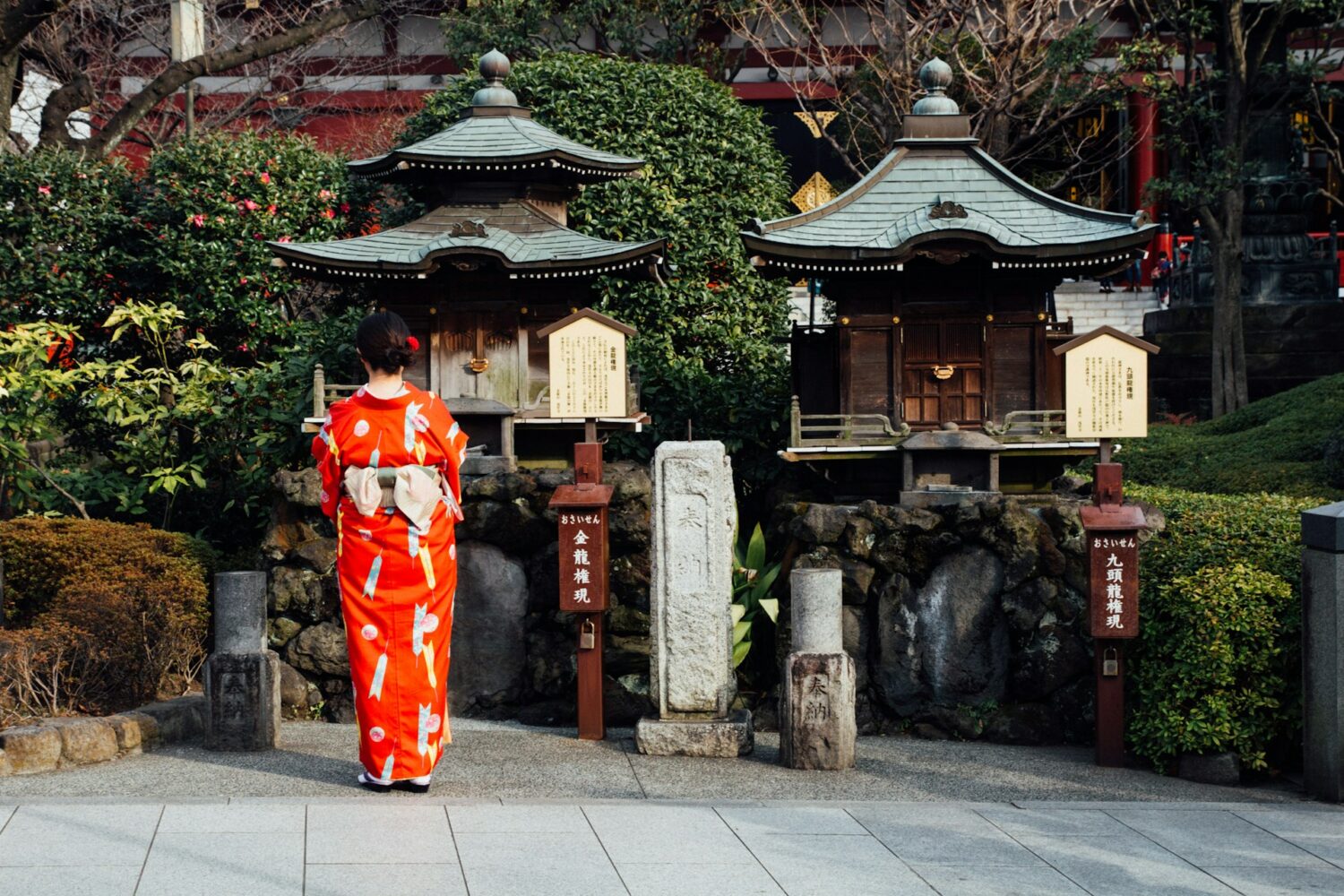
9. The Woman in the White Kimono
A fiction book set in Japan and America by Ana Johns
Tori Kovac is heartbroken. Her father, a man bigger than life, is at the end of his life. Cancer is spreading fast, weakening and withering the man she loves the most in her life. At least the father has this little time to say his final goodbye and give Tori his final letter to Japan.
Life-long secrets spill from the short message written in her father’s handwriting. Secrets that question everything Tori knew about her family. Setting out to uncover the truth, the woman travels halfway across the world, to Japan.
Nearly 80 years earlier, in the Land of the Rising Sun, another story starts. A story that involves a young Japanese girl, Naoko Nakamura, and an American sailor. A story of love and disgrace, happiness and sorrow that shatters and changes the life of the young couple forever.
In her book, The Woman in the White Kimono, Ana Johns takes us back to Japan and gives us an account of the little-known past in Japanese and American history. She tells us stories that the new generation doesn’t know and the old generation remembers with sorrow and shame.